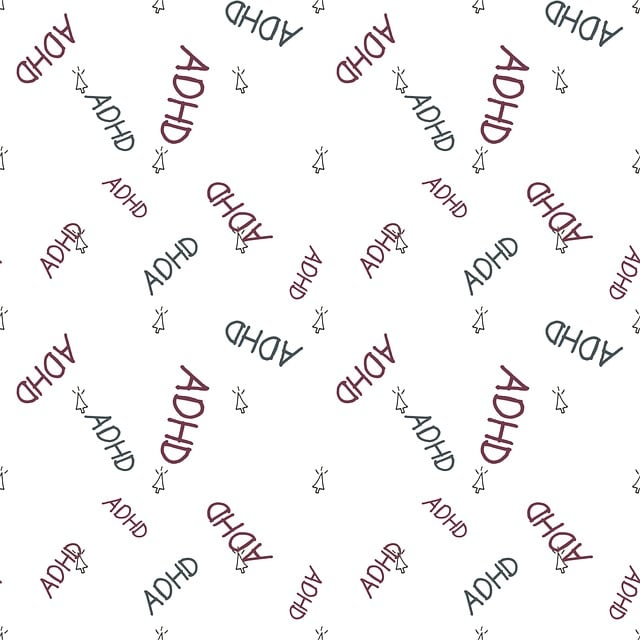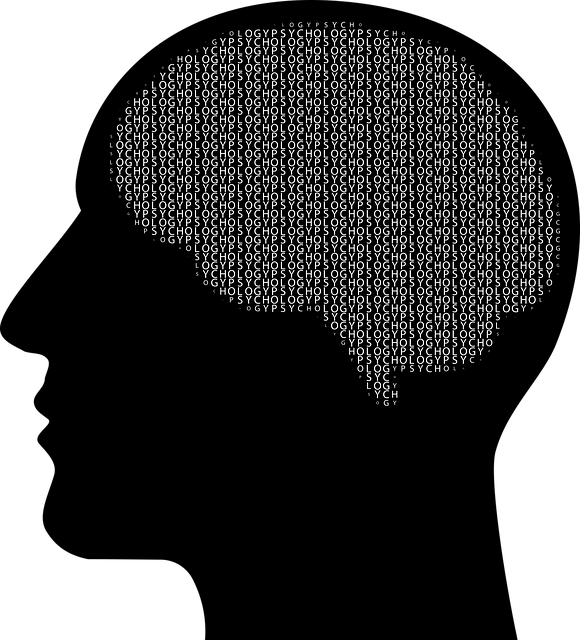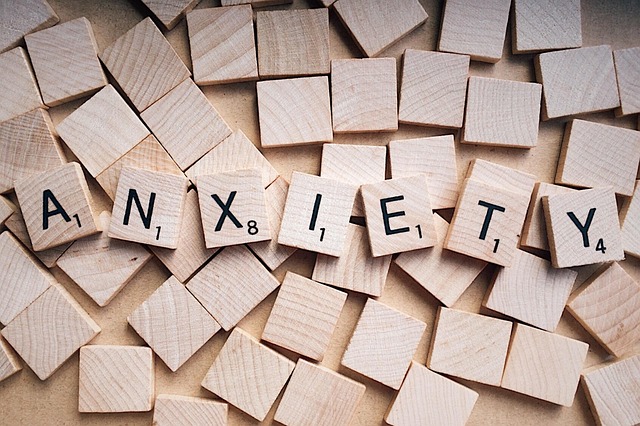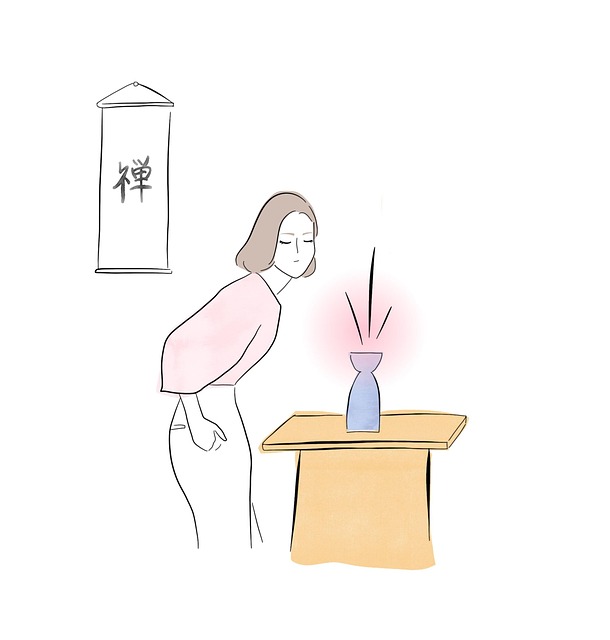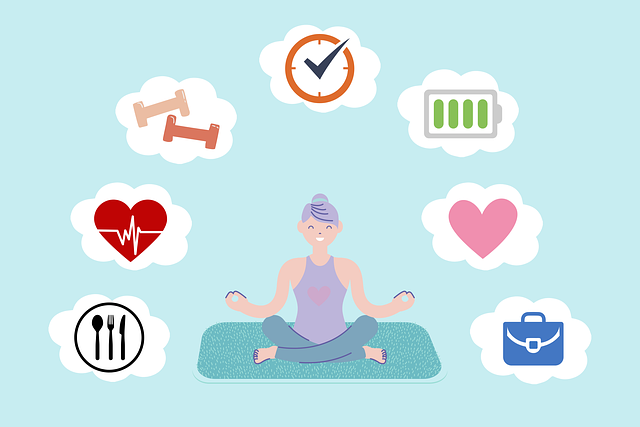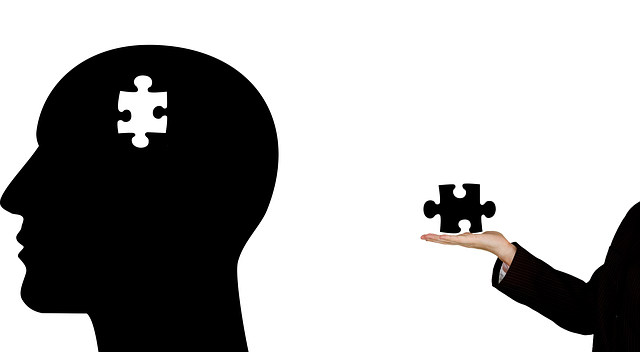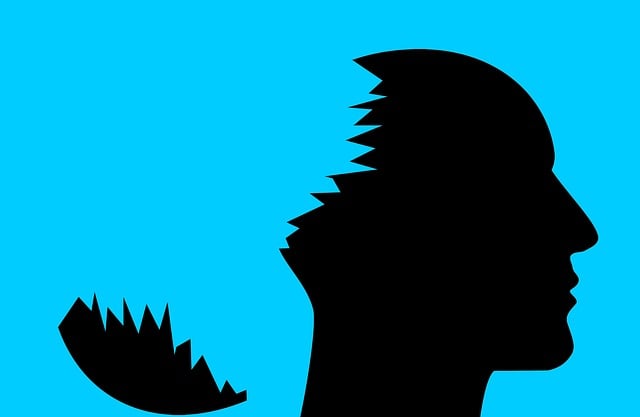Adolescent Mental Wellness Apps: Revolutionizing Support through Therapy and Play
Rising anxiety and depression rates in teens prompt the need for tailored solutions. Specialized apps offer innovative, accessible, and engaging tools for managing mood, preventing burnout, and developing coping strategies. Digital platforms integrate play therapy methods, utilizing games, storytelling, and role-playing to create safe virtual spaces for emotional expression. These apps cater to unique adolescent needs, empower self-management through features like mood tracking, and foster community via peer support forums. Development involves market research, collaborative design, rigorous testing, and strategic partnerships with educational or mental health organizations. Success hinges on engaging content, influencer collaborations, social media marketing, and alignment with evidence-based practices like play therapy.
In today’s digital age, mental wellness apps are becoming vital tools for supporting adolescent teens’ growing minds. With a focus on play therapy techniques, this article explores the development of customized mental health solutions tailored to young users. We delve into the significance of addressing adolescent mental health issues and how digital platforms can offer accessible, engaging resources. From key app features to the development process and marketing strategies, discover how Play Therapy-inspired apps are revolutionizing mental wellness for teens.
- Understanding Adolescent Mental Health and the Need for Customized Apps
- Integrating Play Therapy Techniques in Digital Platforms
- Key Features for a Teen-Centric Mental Wellness App
- Development Process: From Concept to Launch
- Marketing and User Engagement Strategies for Success
Understanding Adolescent Mental Health and the Need for Customized Apps

Adolescent mental health is a complex and vital aspect of overall well-being, requiring tailored approaches to address unique challenges this demographic faces. Today’s digital landscape offers innovative solutions through specialized apps designed for teens, focusing on therapy and play as powerful tools for mood management and burnout prevention.
The need for customized applications is evident given the increasing rates of anxiety, depression, and other mental health issues among adolescents. Apps that incorporate play therapy can provide accessible, engaging environments for young users to explore their emotions, build coping strategies, and foster resilience. By targeting specific concerns like depression prevention, these digital tools offer a discrete and convenient way to support adolescent mental wellness alongside traditional therapy methods.
Integrating Play Therapy Techniques in Digital Platforms

Play Therapy has emerged as a powerful tool in the field of mental wellness, especially for adolescent teens. Integrating these techniques into digital platforms offers a unique and engaging approach to support young minds. By incorporating interactive games, storytelling, and imaginative play, mental wellness apps can create a safe and fun environment for teens to express themselves and process emotions. This is particularly beneficial as it caters to the growing demand for accessible and discrete crisis intervention guidance for this demographic.
Apps designed with Play Therapy in mind can provide personalized experiences, tailoring activities to individual needs. For instance, social skills training modules can help teens develop communication and interaction abilities through role-playing scenarios, fostering a sense of confidence and resilience. This innovative use of technology has the potential to revolutionize mental wellness support, making it more engaging and effective for adolescent teens in need of therapy.
Key Features for a Teen-Centric Mental Wellness App

A teen-centric mental wellness app should prioritize features that cater to the unique needs and preferences of adolescents. Incorporating interactive elements can make therapy more engaging for younger users, such as games or multimedia content tailored to their interests. Play therapy techniques, including art, music, and storytelling, can be integrated into digital formats to encourage emotional expression and help teens process complex feelings in a safe virtual environment.
The app should also offer personalized tools for burnout prevention, promoting self-care practices designed specifically for adolescents. Features like mood tracking, mindfulness exercises, and positive thinking prompts can empower teens to take an active role in their mental wellness. Additionally, incorporating peer support through forums or chat groups can foster a sense of community, allowing users to connect with peers facing similar challenges, thereby enhancing the overall effectiveness of the app in depression prevention.
Development Process: From Concept to Launch

The development process of a mental wellness app, from concept to launch, involves several intricate steps. It begins with thorough market research to understand the needs and preferences of the target audience, in this case, adolescents and teens seeking therapy or play therapy solutions. This phase is crucial for identifying unique features that set your app apart, such as integrating crisis intervention guidance tailored for young users’ emotional challenges.
As development progresses, designers and developers collaborate to create intuitive user interfaces and engaging content. Incorporating evidence-based practices like self-awareness exercises and techniques for improving self-esteem can significantly enhance the app’s effectiveness. Rigorous testing ensures the app is bug-free and secure, addressing privacy concerns regarding sensitive user data. The launch phase involves marketing strategies to reach the intended demographic, potentially through partnerships with schools or mental health organizations, ensuring the app gains traction and becomes a valuable tool for adolescent mental wellness support.
Marketing and User Engagement Strategies for Success

Marketing and user engagement are vital components for the success of any mental wellness app, especially those targeting adolescent teens. To attract users, apps should focus on creating engaging content that resonates with young adults, addressing their unique challenges and interests. Incorporating interactive features like games or personalized quizzes that subtly introduce therapeutic concepts can be an effective strategy. Collaborating with influencers or renowned psychologists to vouch for the app’s effectiveness is another powerful marketing tool, especially within niche communities of parents, educators, and healthcare providers.
Additionally, leveraging social media platforms to share success stories and tips related to mental health can foster a sense of community around the app. Engaging users through contests or rewards systems could also encourage consistent usage. For instance, promoting ‘Play Therapy’ sessions designed for teens can appeal to users while aligning with evidence-based practices like crisis intervention guidance and social skills training. Furthermore, providing resources on healthcare provider cultural competency training within the app can enhance its credibility among professionals looking to support adolescent mental wellness.
The development of mental wellness apps, tailored specifically for adolescent teens, offers a promising approach to addressing the unique challenges faced by this demographic. By integrating play therapy techniques into digital platforms, we can create engaging and effective tools that support teen mental health. The key lies in understanding their needs, as outlined in this article, and translating those insights into app features that foster resilience and well-being. Through a structured development process and strategic marketing, these apps have the potential to revolutionize therapy accessibility, making it an exciting game changer in the field of adolescent mental health care.
